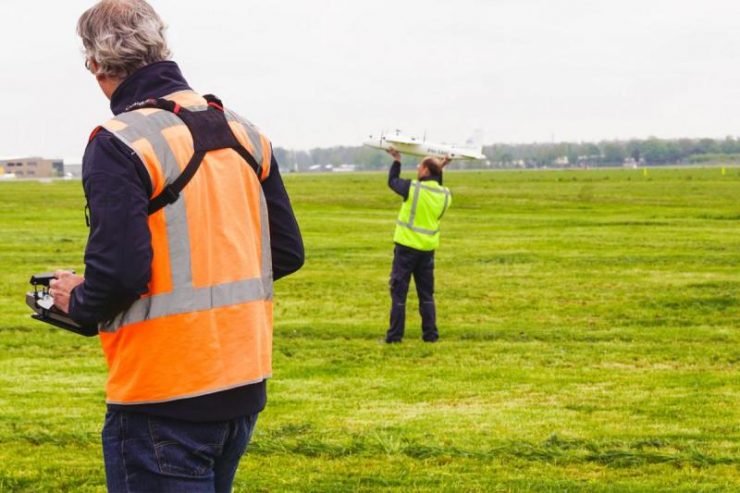The SESAR Horizon 2020 Proving Operations of Drones with Initial Unmanned aircraft system traffic Management (PODIUM) project consortium has published its conclusions and recommendations for U-space in addition to all the supporting material. The project performed extensive demonstrations of U-space services and technologies across five sites in Denmark, France and the Netherlands. It concludes that there is a very strong demand from all stakeholders for U-space solutions that can ease the burden of obtaining flight authorisations for drone flights, and that increase situational awareness to enable safety and efficiency benefits during flight execution. It found U-space services for the pre-flight phase almost ready for deployment, but advises that significant action is needed to ensure that U-space services can really take off in the flight execution phase.
The large-scale demonstration project performed 18 operational scenarios for multiple VLOS and BVLOS flights, involving 73 actual flights and 138 flight authorisations at airports in Denmark, France and the Netherlands. According to the results, there is a “need for UTM/U-space solutions that can ease the burden of obtaining flight authorisations and increase situational awareness to enable safety and efficiency benefits during flight execution.” It also found “the operational and technical acceptability of the current Podium U-space/UTM solution for the flight execution phase” to be acceptable.
PODIUM supports U-space, the European vision for the safe, secure and efficient handling of drone traffic, and a key enabler for a growing drone market to generate economic and societal benefits. The main project partners are Eurocontrol (project coordinator), Airbus, Delair, Drone Paris Region, DSNA, Integra Aerial Services, Naviair, NLR, Orange and Unifly.
(Image: Eurocontrol)
The full results can be found here:
https://www.sesarju.eu/news/podium-u-space-deliverables-published




